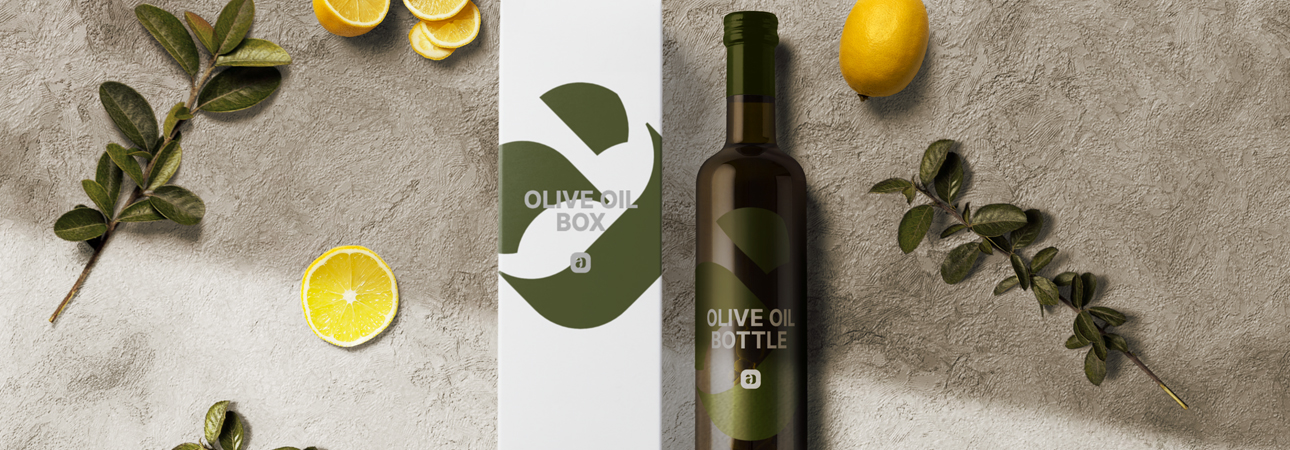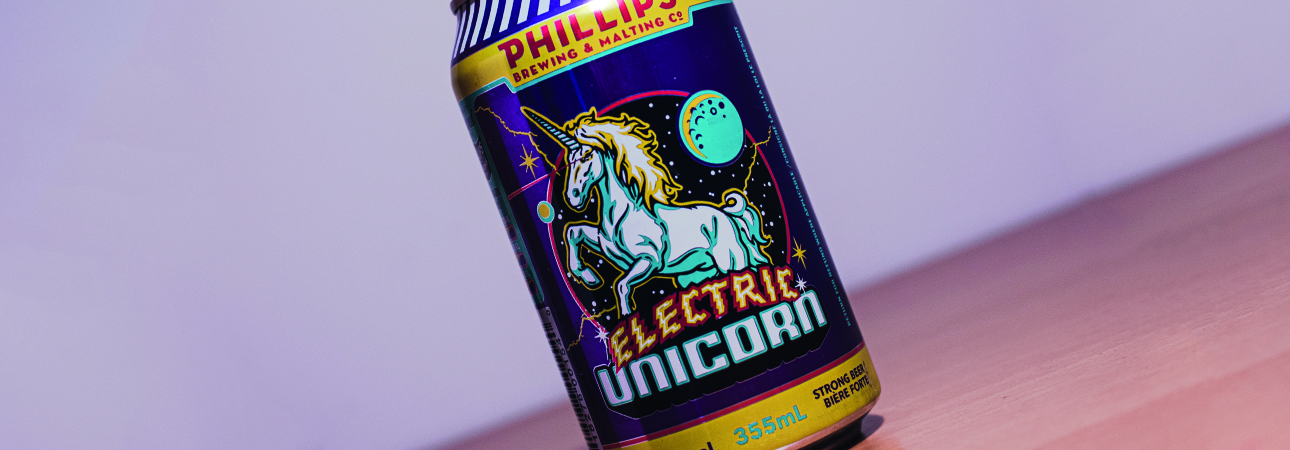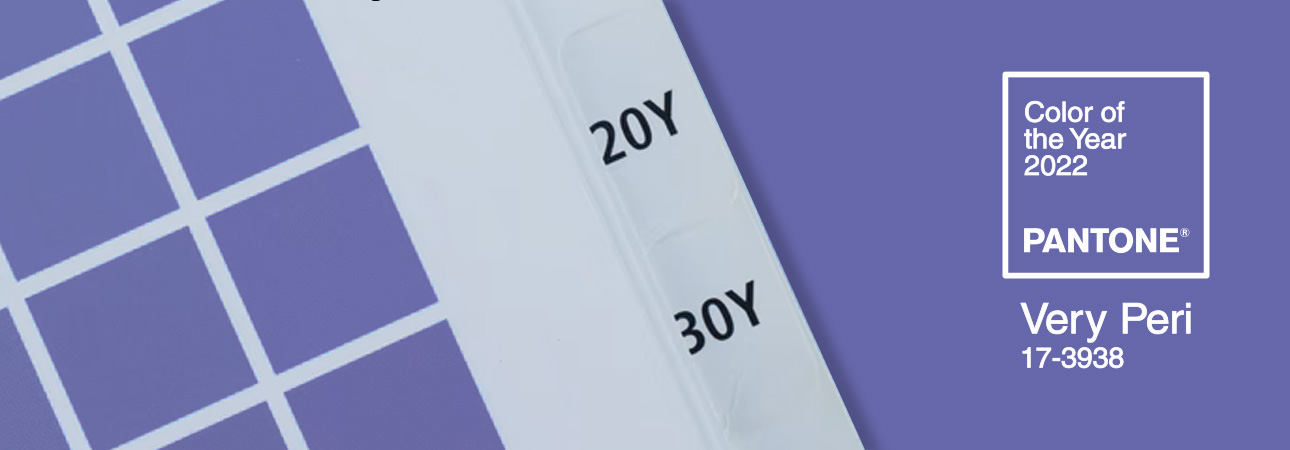Did you like the article? Share it!
Sustainable papers for olive oil packaging
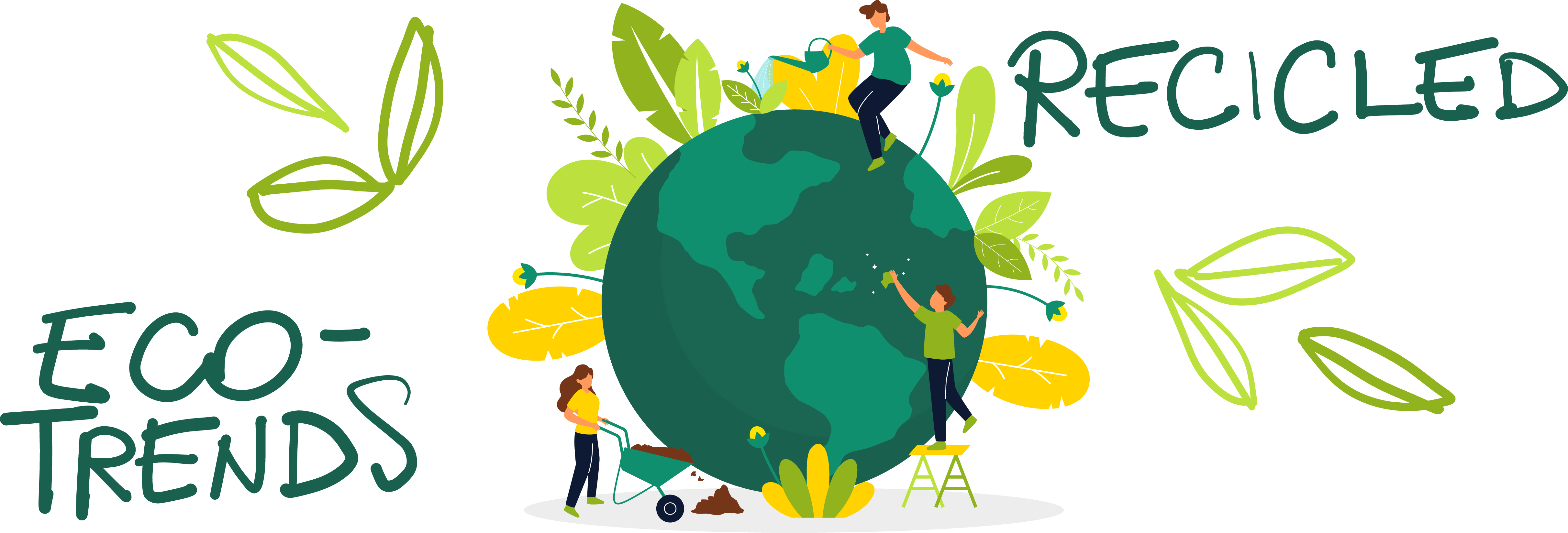
When designing an olive oil packaging, particular attention must be paid to the selection of material. This in fact represents a fundamental step that affects both the structural and visual/tactile sensation of the ultimate product. Nowadays, each designer should take under consideration not only the technical characteristics of the material, essential to make sure the right functioning of the merchandise, but also the aspects associated with its environmental impact. Using polluting raw materials that are difficult to eliminate or with toxic components is very risky both for the environment and for the whole ecosystem that inhabits it.
Recycled paper
Sustainable paper for olive oil packaging mainly of recovered fibers (waste paper) collected and reused as staple along side a particular amount of virgin fibers. Pulp-based papers are qualitatively inferior and more subject to migration than virgin fiber ones, which is why they're generally utilized in sectors aside from food. Recycled fiber is split consistent with its quality and origin: it ranges from virgin pulp trimmings to printing paper, cardboard packaging, office waste and a mixture of paper and cardboard. This type of paper are often reused several times to supply new paper material, obviously not indefinitely. The cost of the recycled staple is far less than that of virgin fibers, but unfortunately it's difficult to possess guarantees on its origin.
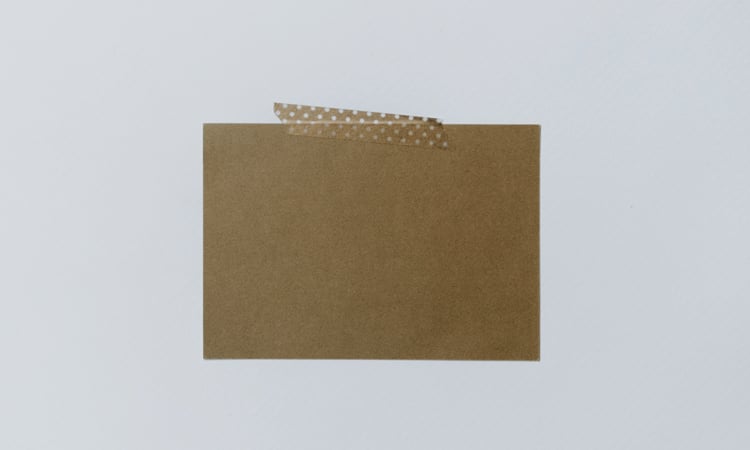
Eco-trends
One of the planning trends that's spreading more and more within the packaging sector involves the creation of reusable packages which, once their primary role as containers is over, are transformed into new products, with a special functionality and, therefore, with zero impact. For example Artisanal oil brand By Evolve has packaged its organic extra virgin olive oil in a cylindrical reusable bottle made from laboratory glass.
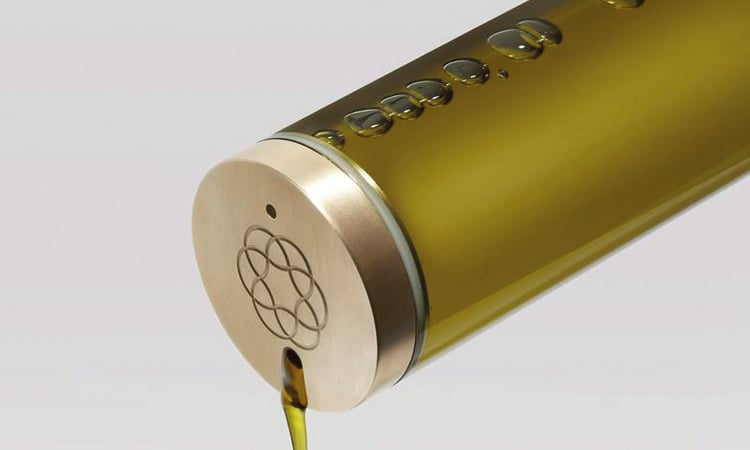
Virgin fiber paper
Virgin wood fiber, is what this materials is entirely formed of. Compared to other types they're of superior quality both in terms of migration (transfer of substances from packaging to packaged products) and runnability. Precisely for this reason they're the foremost recommended to be used within the food sector, especially for direct contact with food. The virgin fiber boards of sustainable origin, FSC® certified, are produced with wood from responsibly managed forests consistent with international environmental, economic and social standards. Virgin fiber is additionally mentioned as primary fiber and is usually present, during a certain percentage, within any recycled paper.
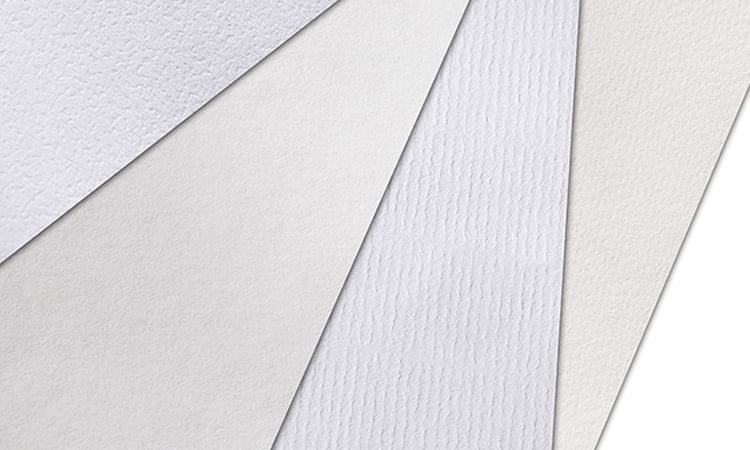
Ecological paper
All sustainable papers for olive oil packaging produced exclusively with raw materials from sustainable sources, processed and finished without the utilization of pollutants (eg bleached without chlorine) are defined as ecological.
The three sorts of sustainable paper for olive oil packaging described above, if used appropriately, can greatly limit the environmental impact of your customized olive oil packaging. Always remember that the selection of paper combined with a conscious design of the whole product, even in terms of functionality, can make a transparent difference in terms of environmental sustainability.
Next

